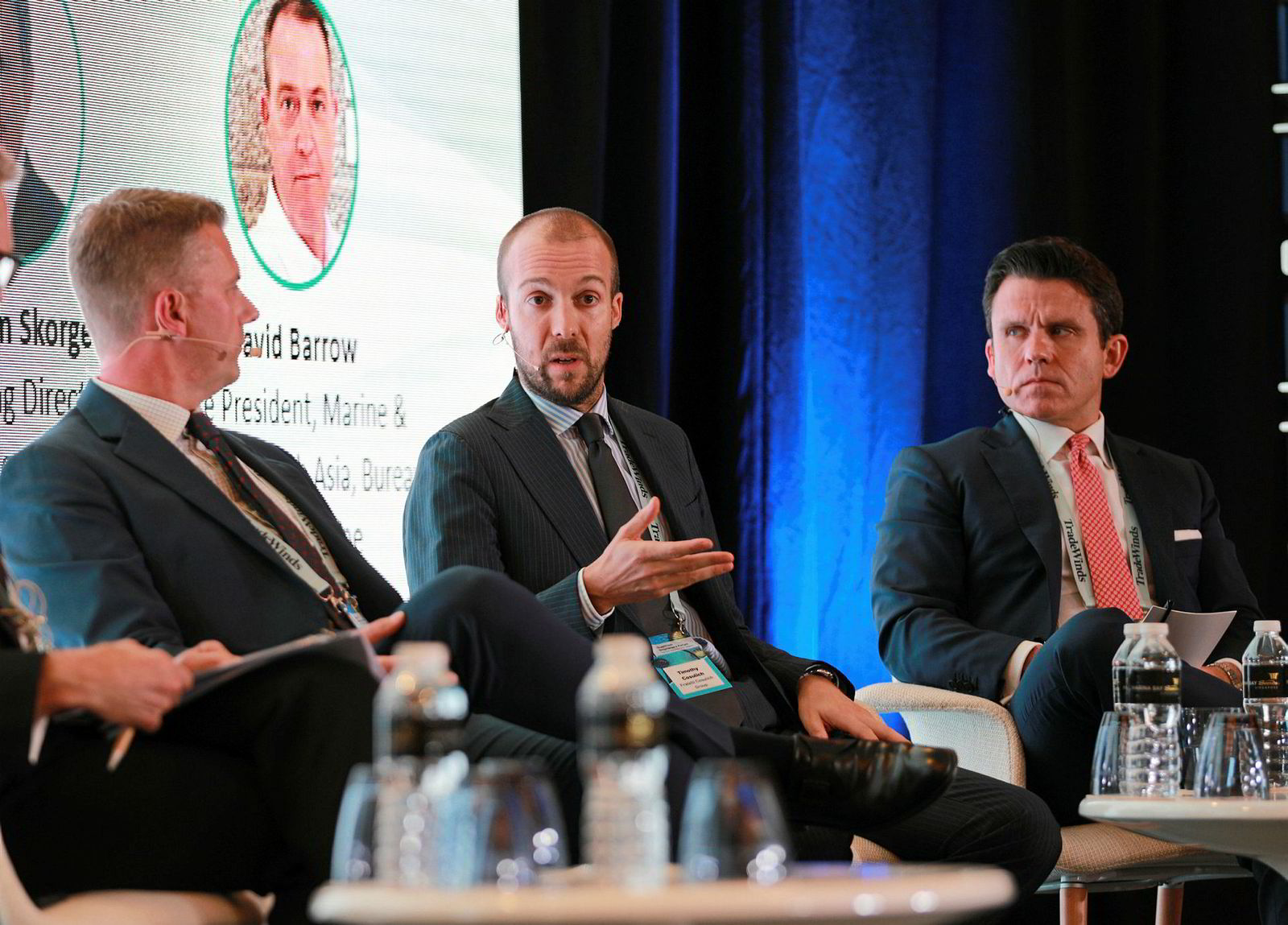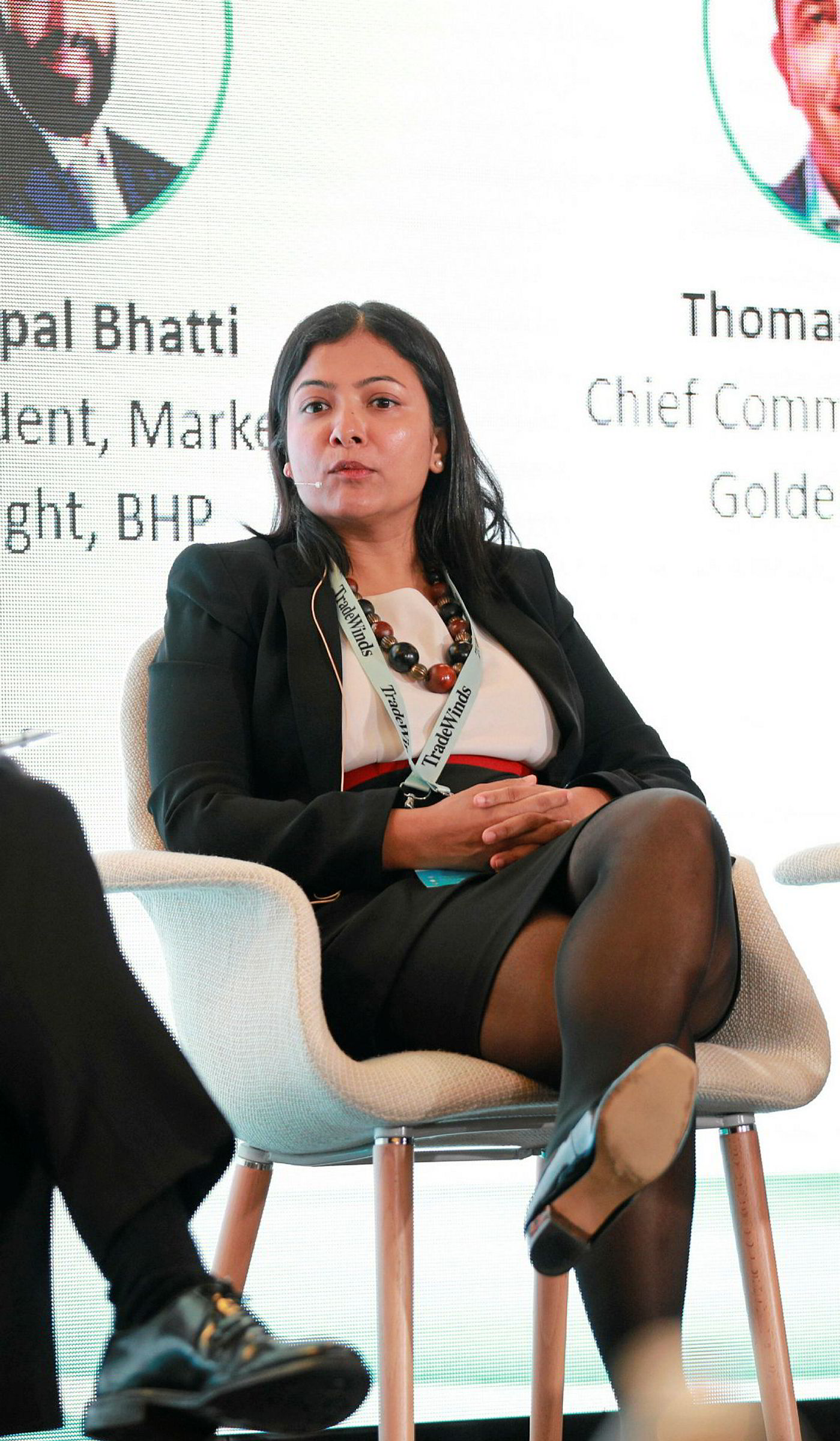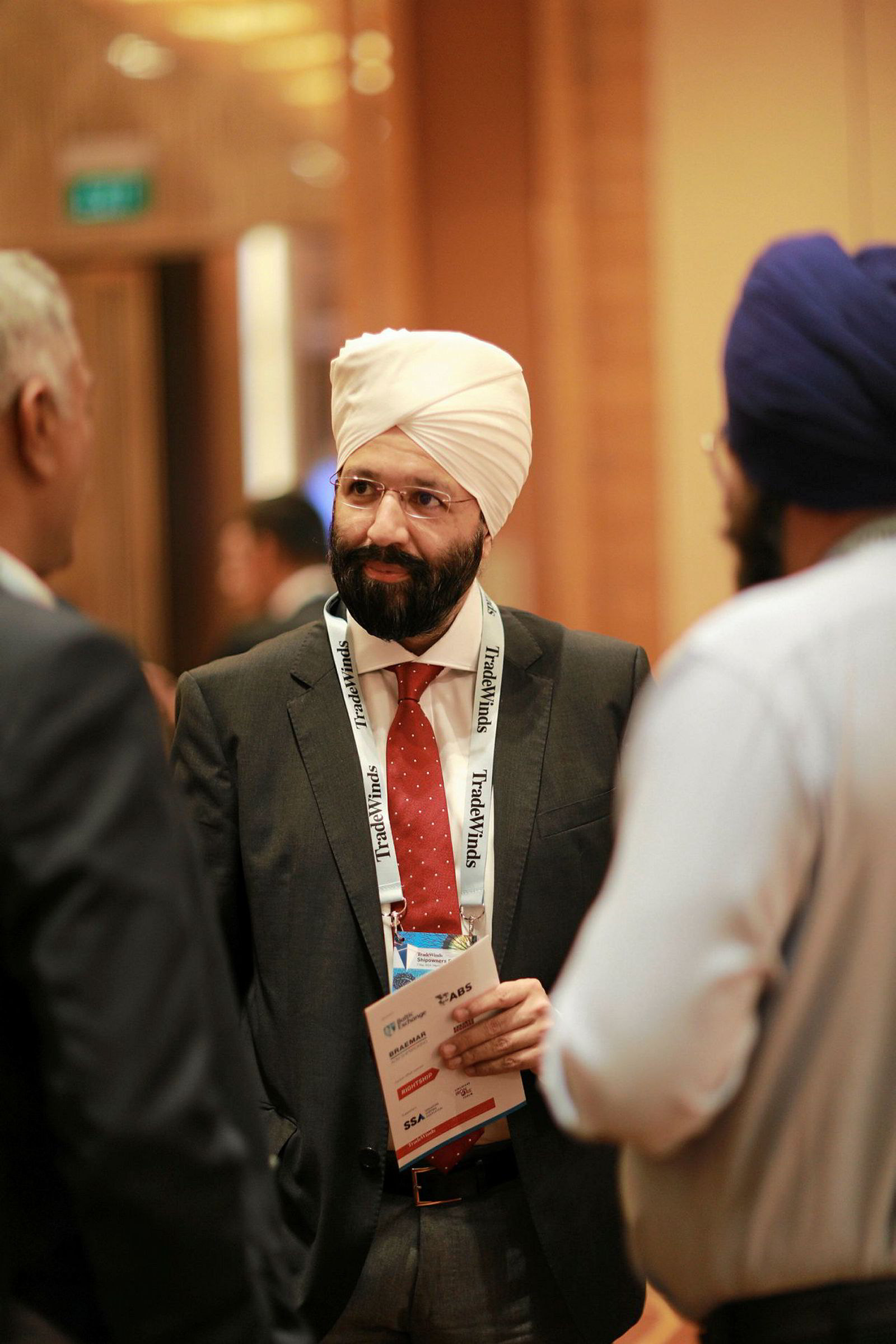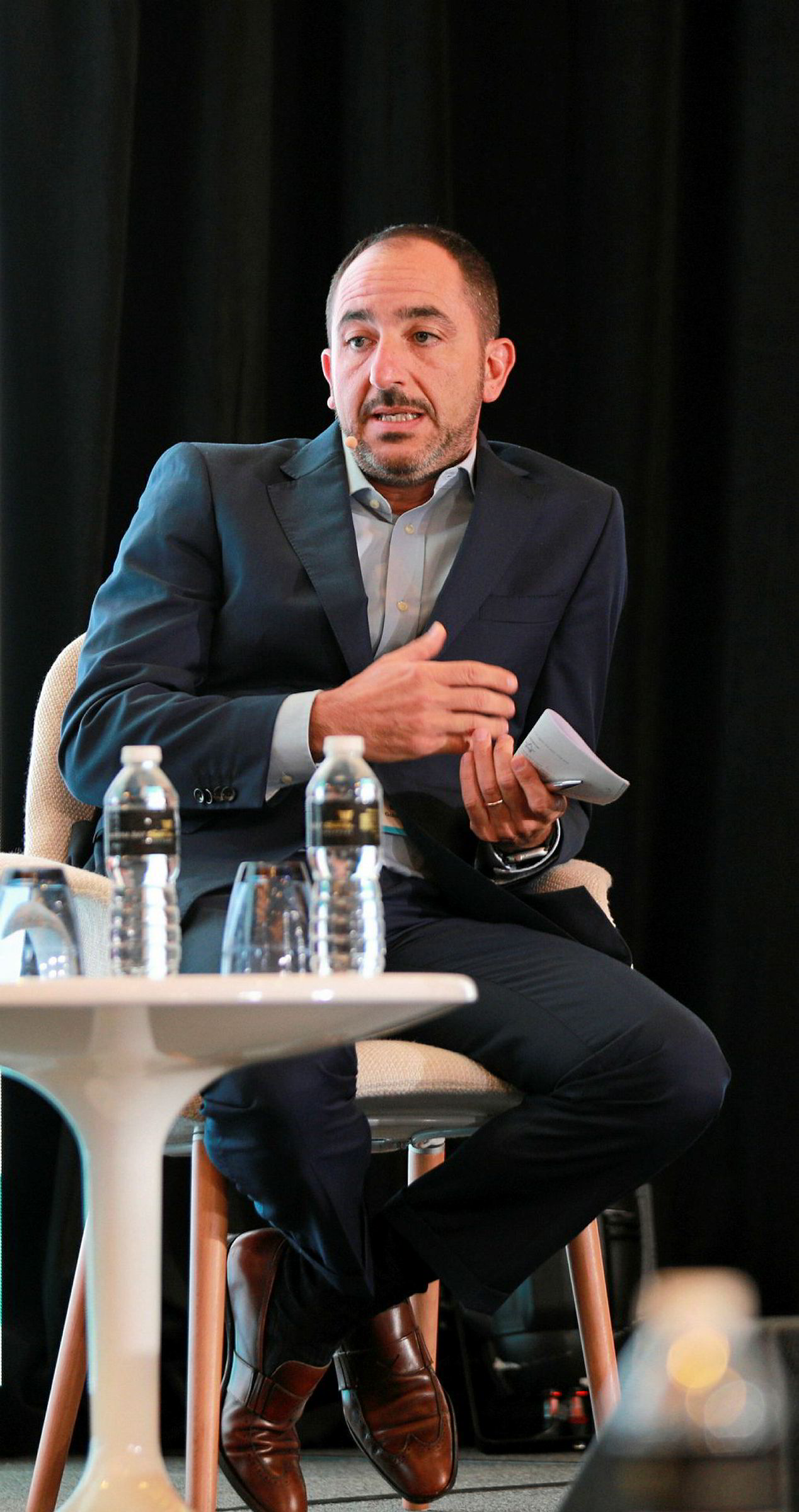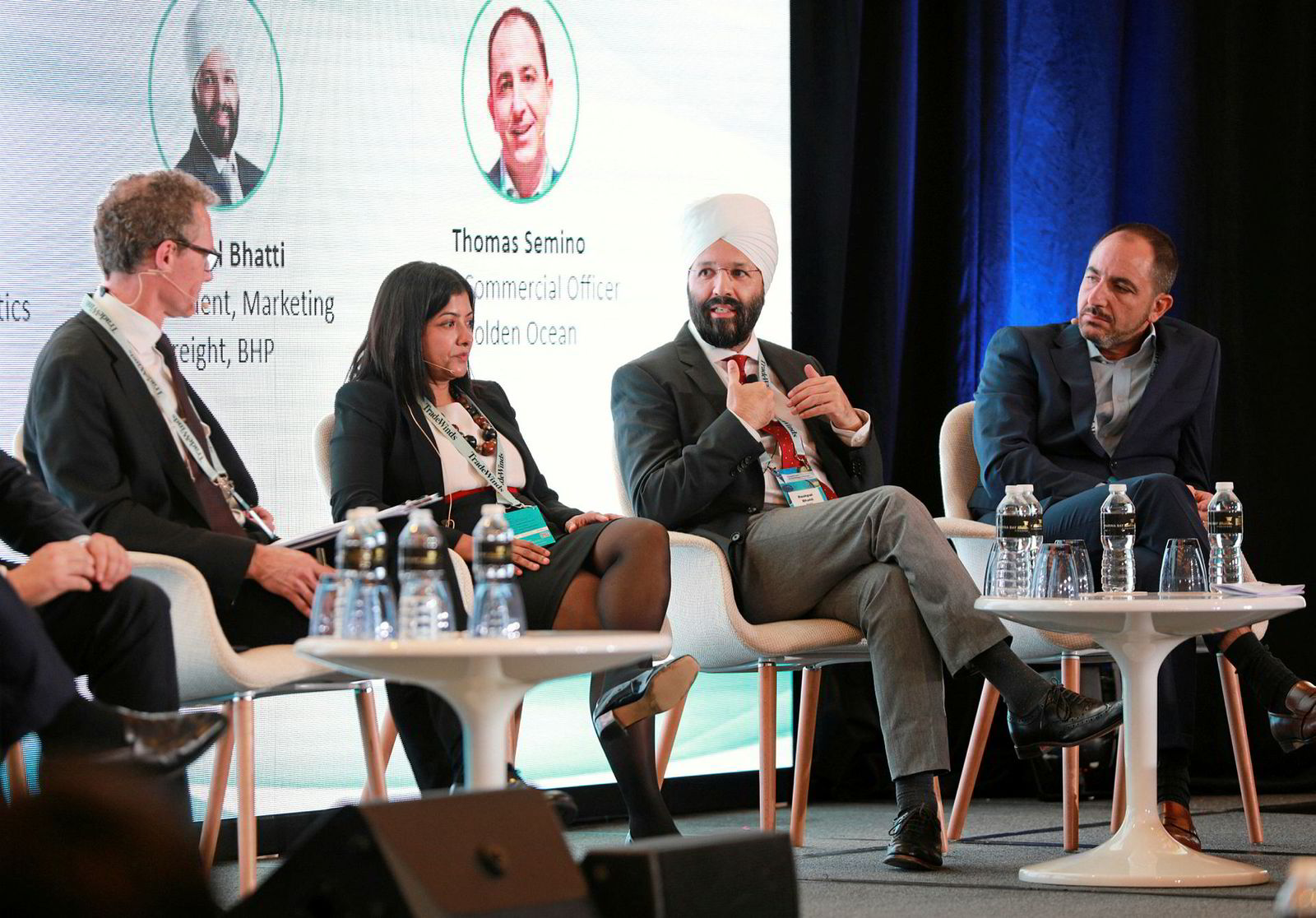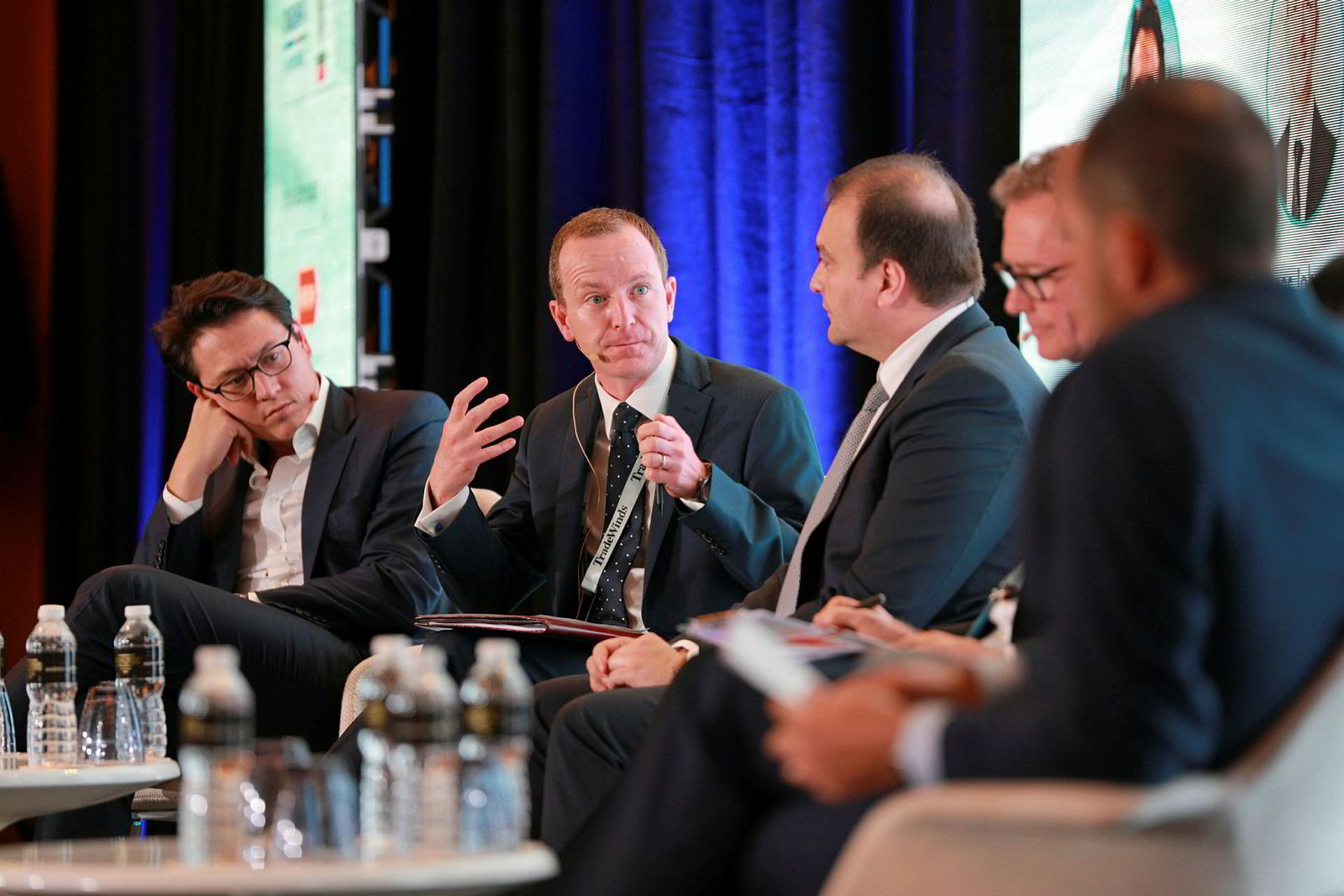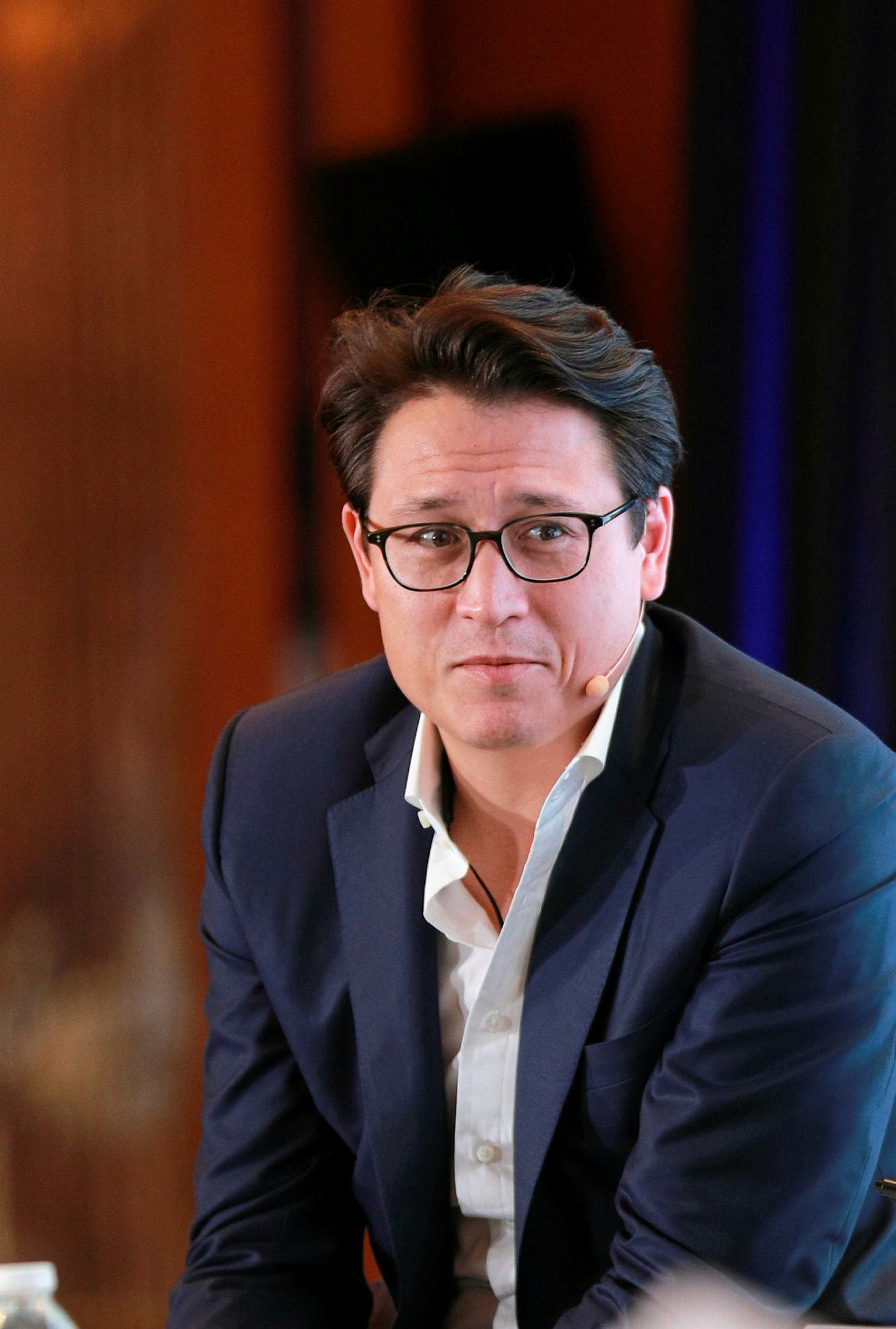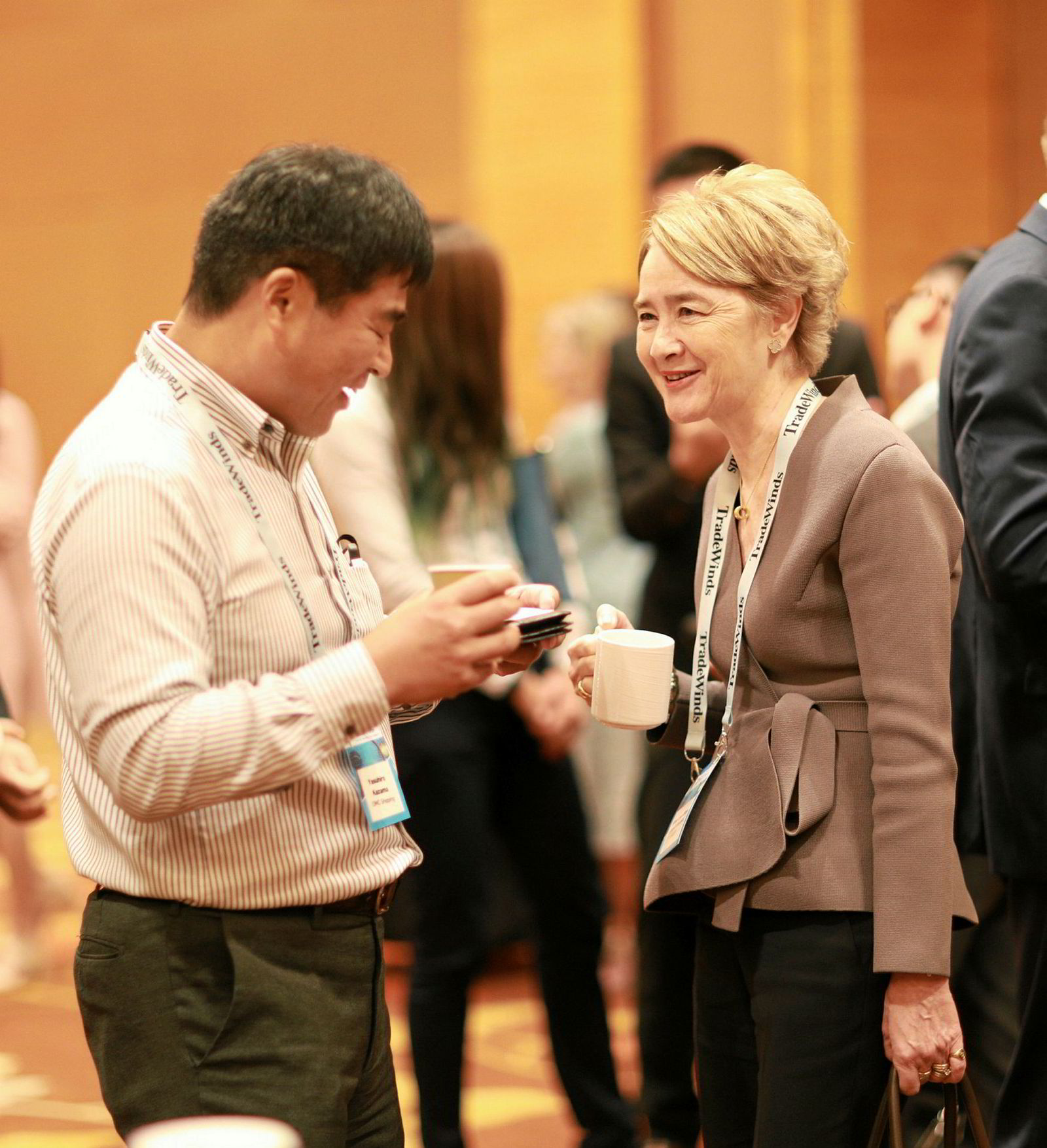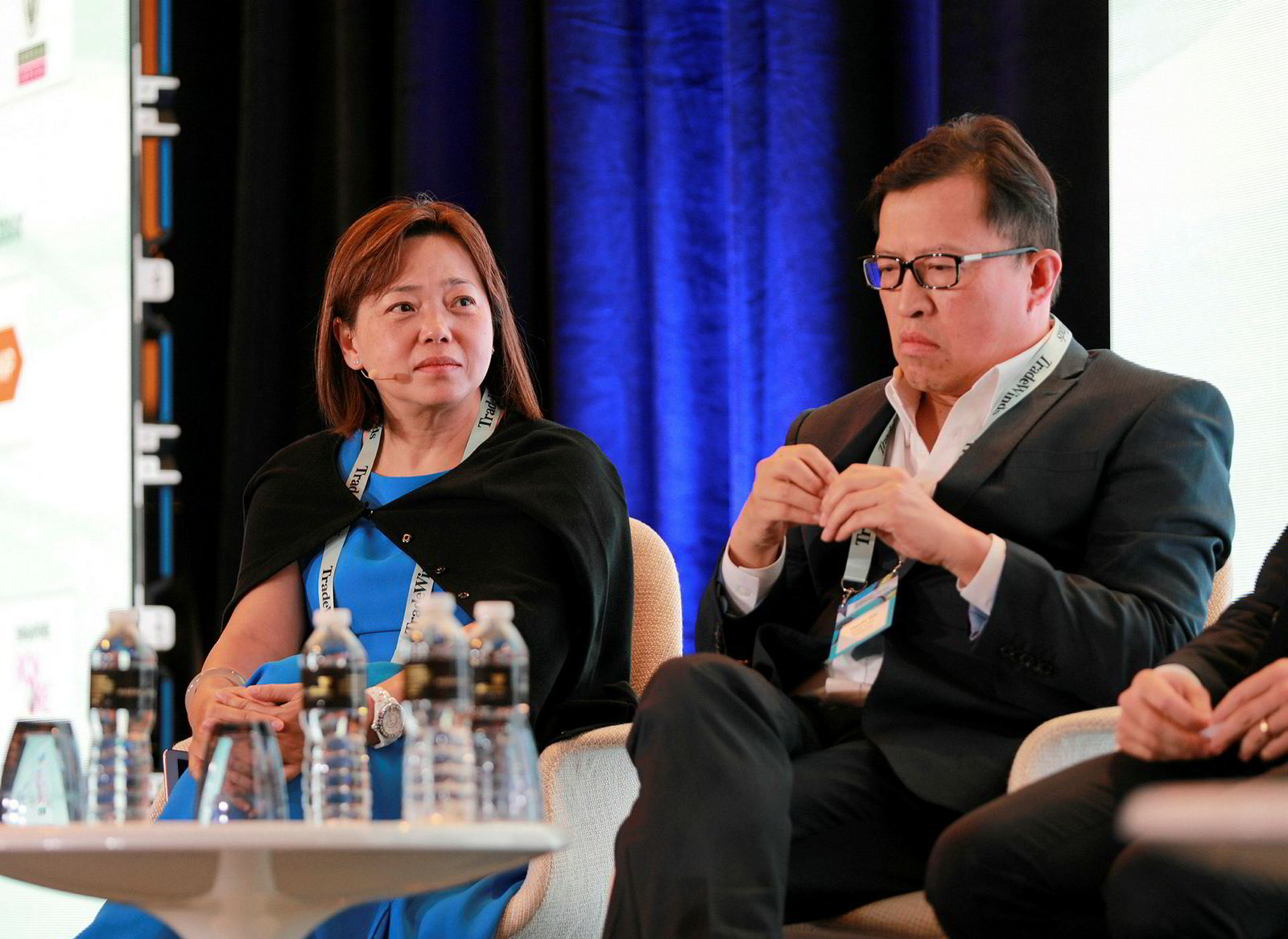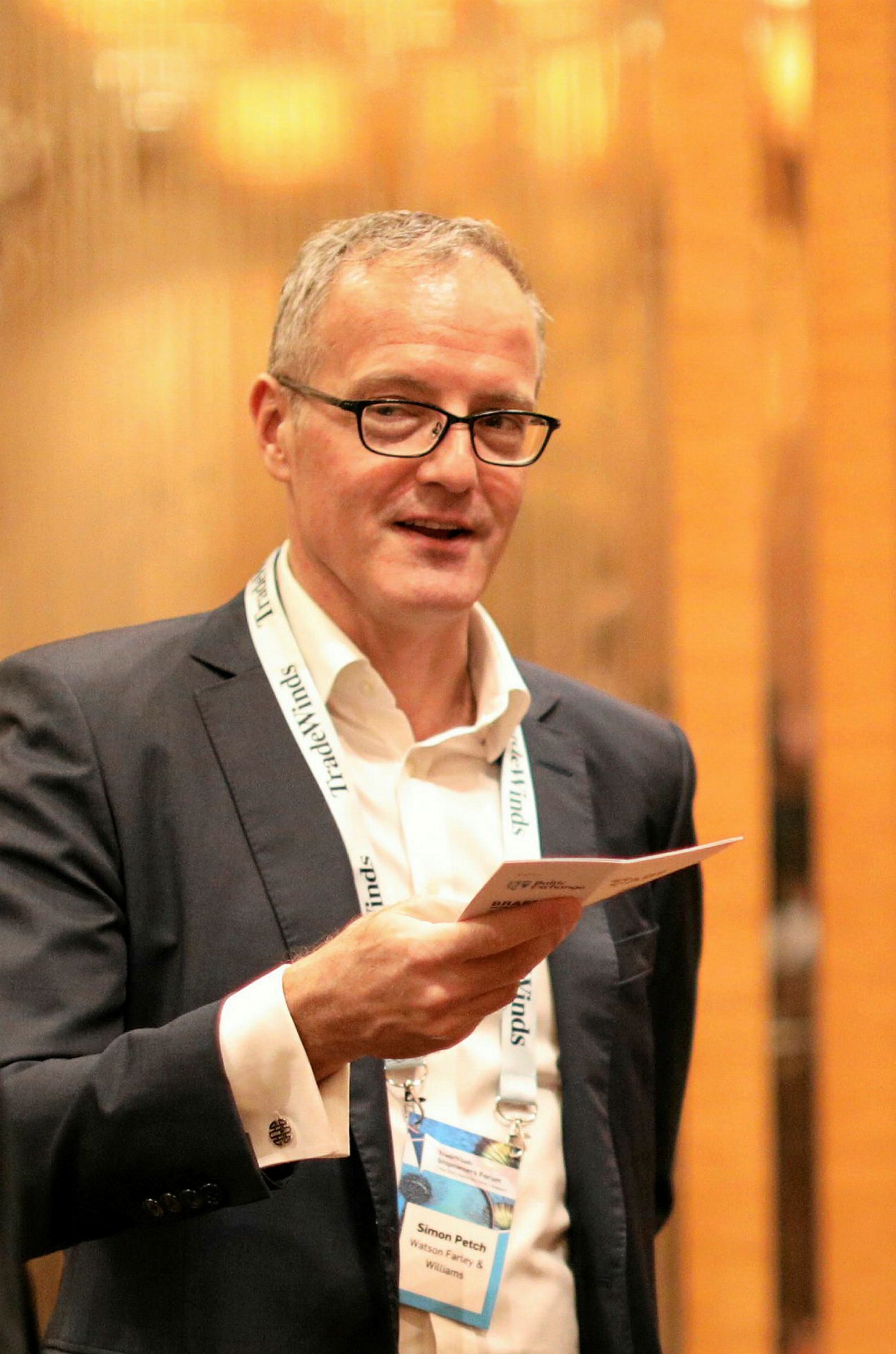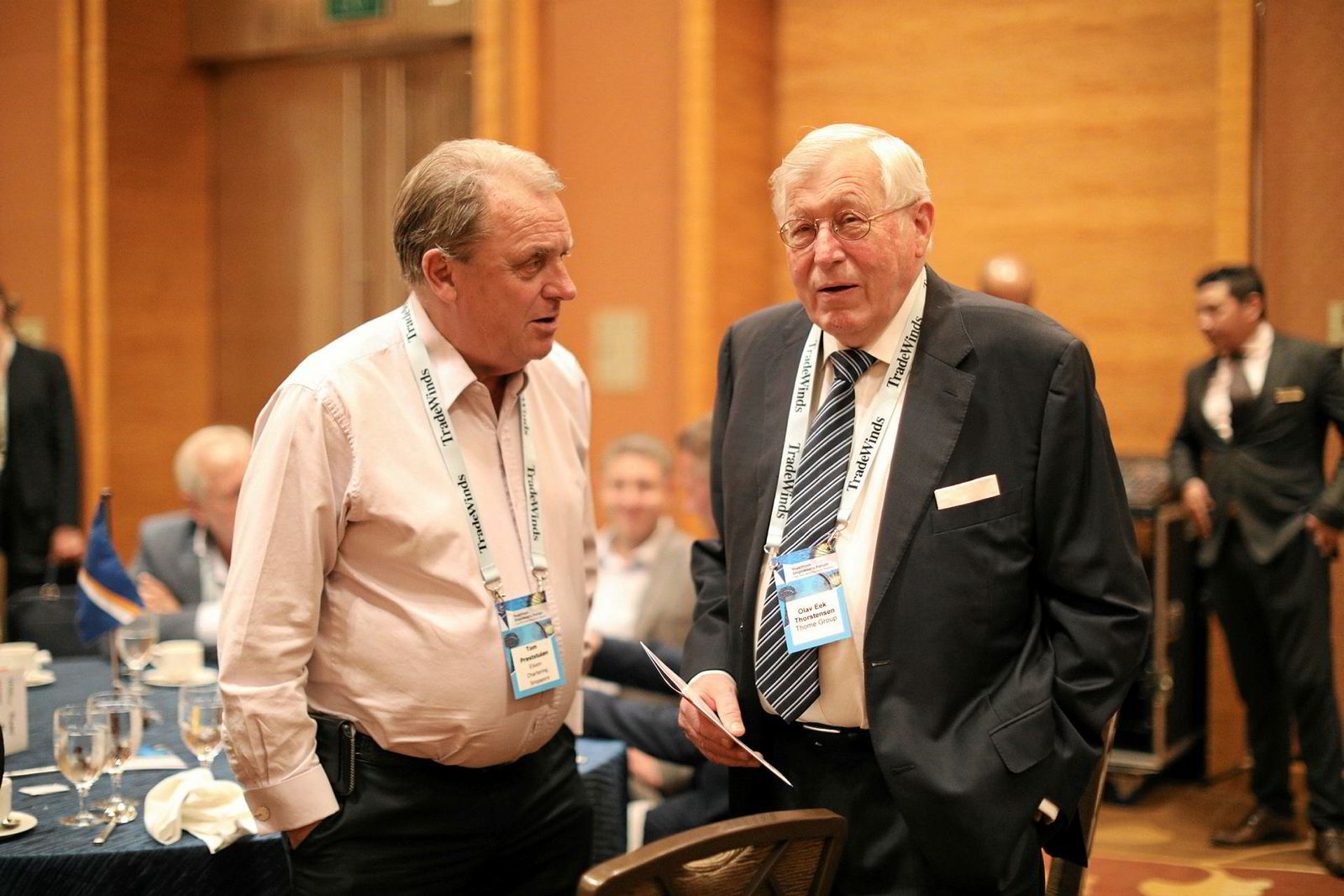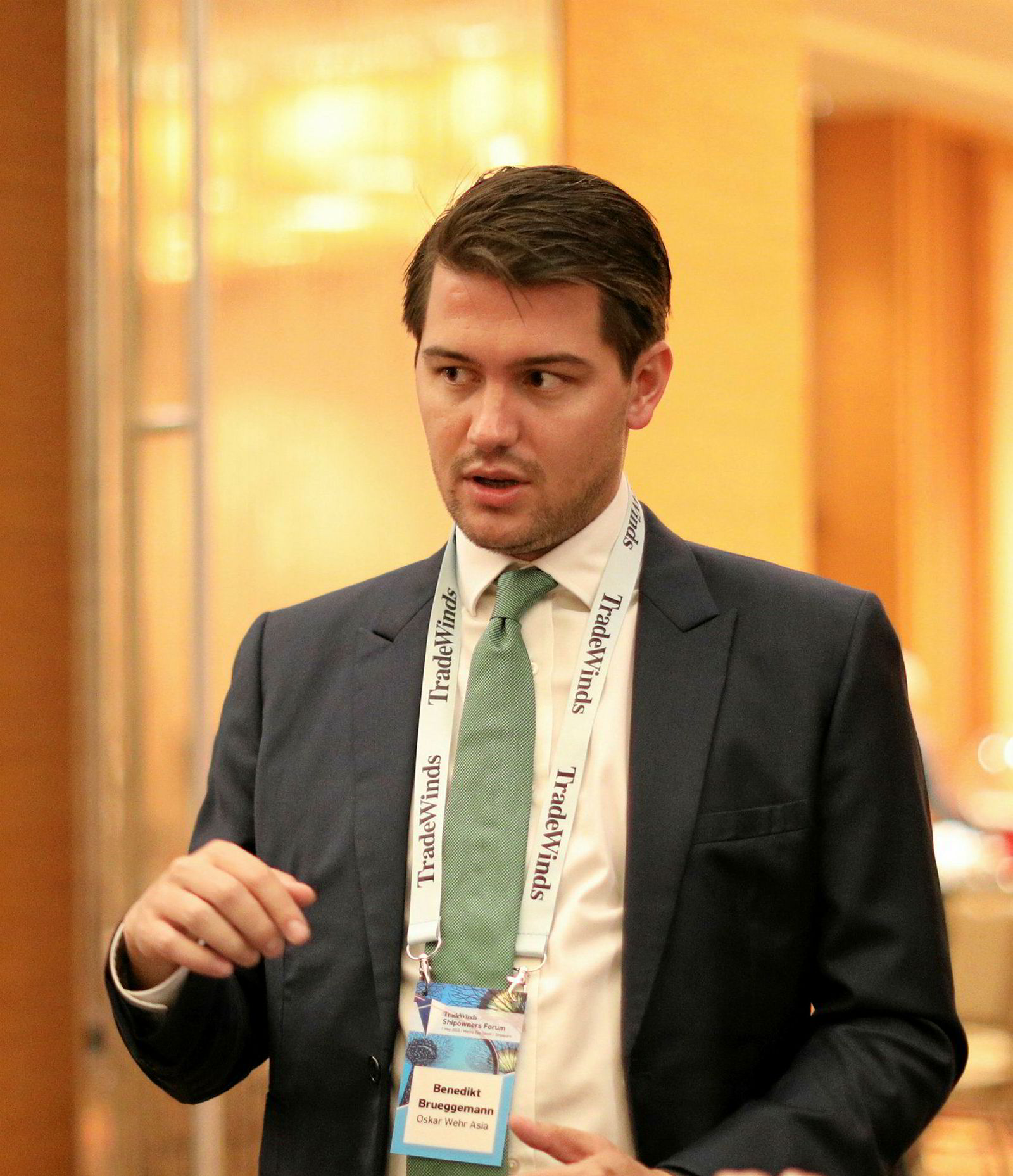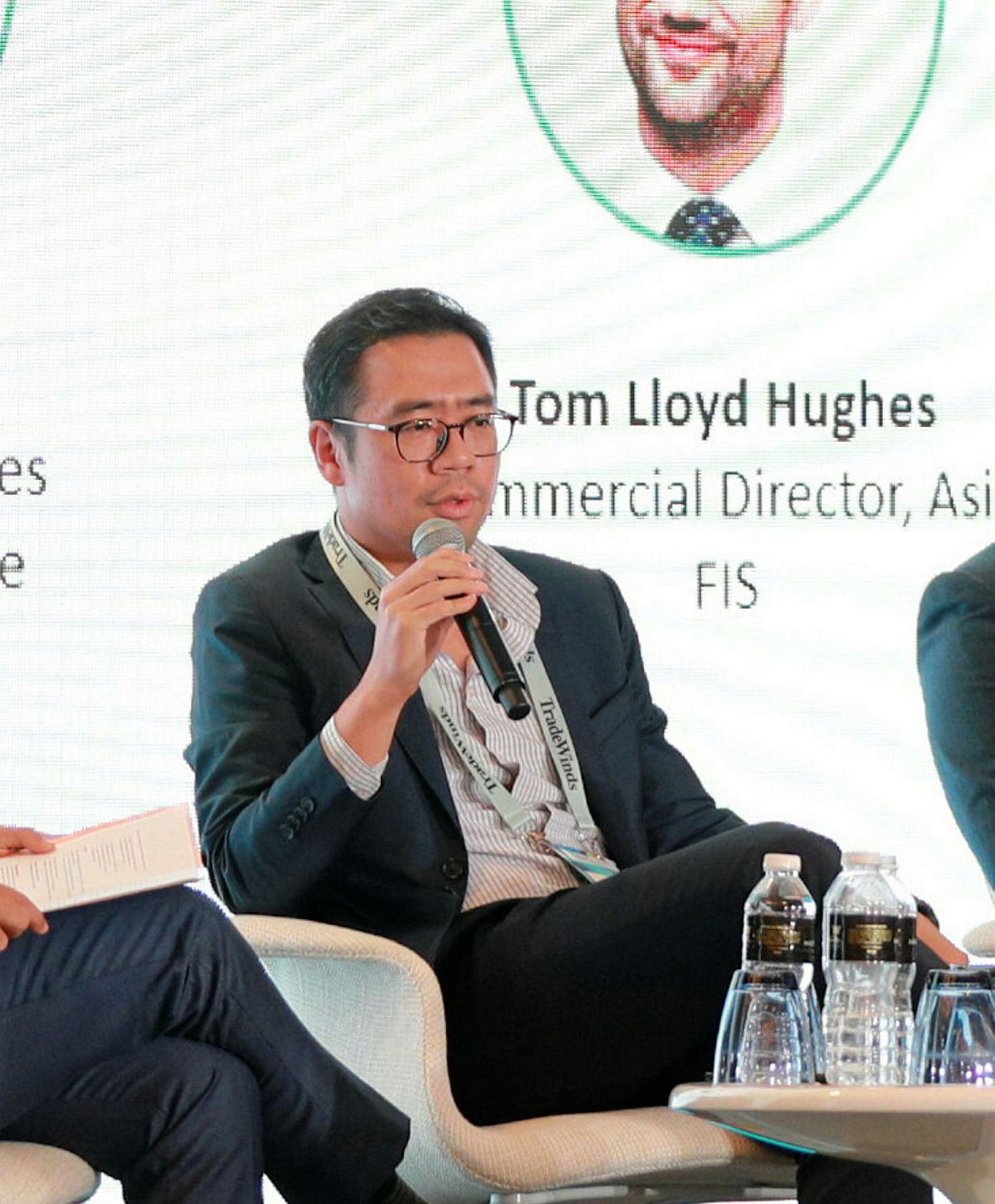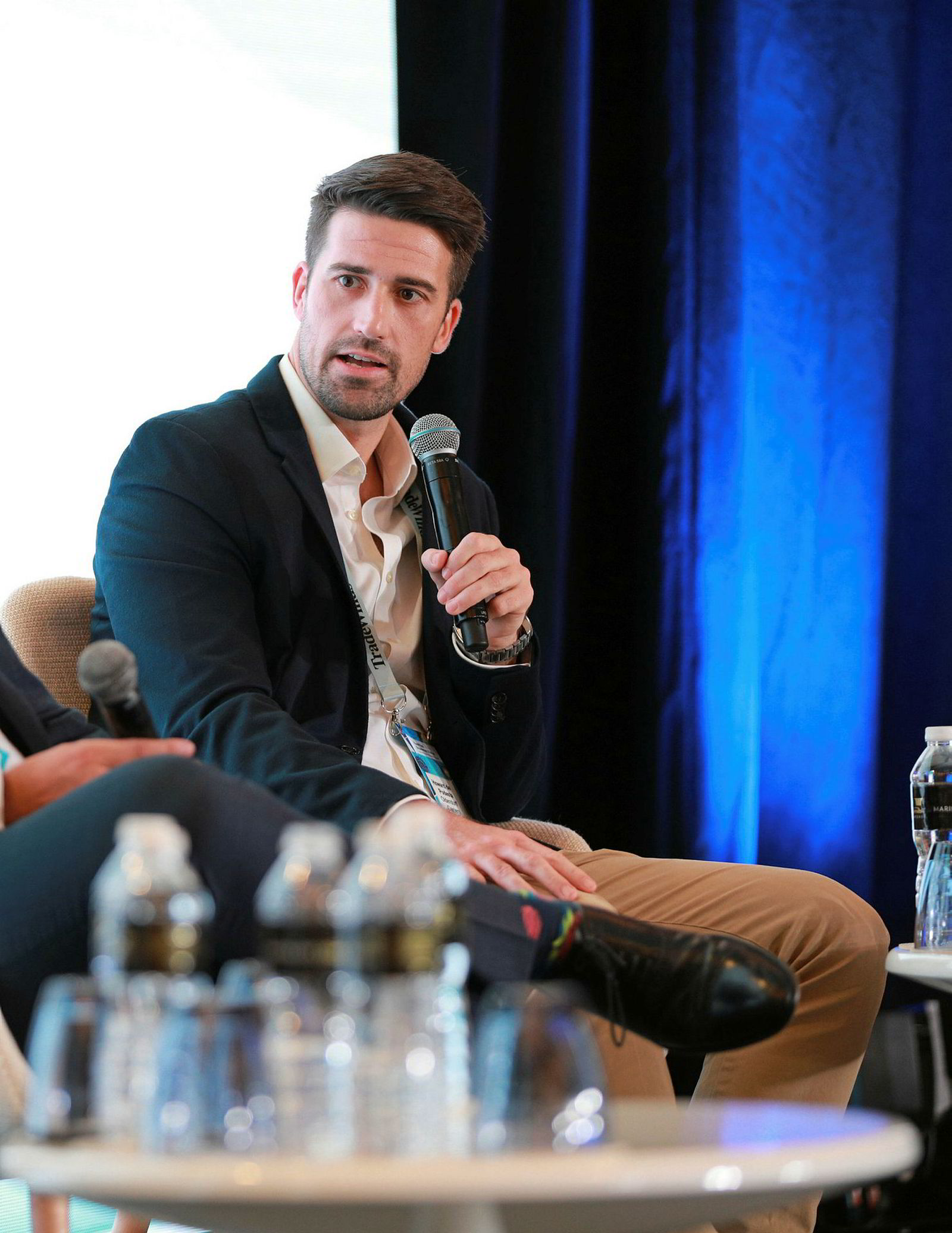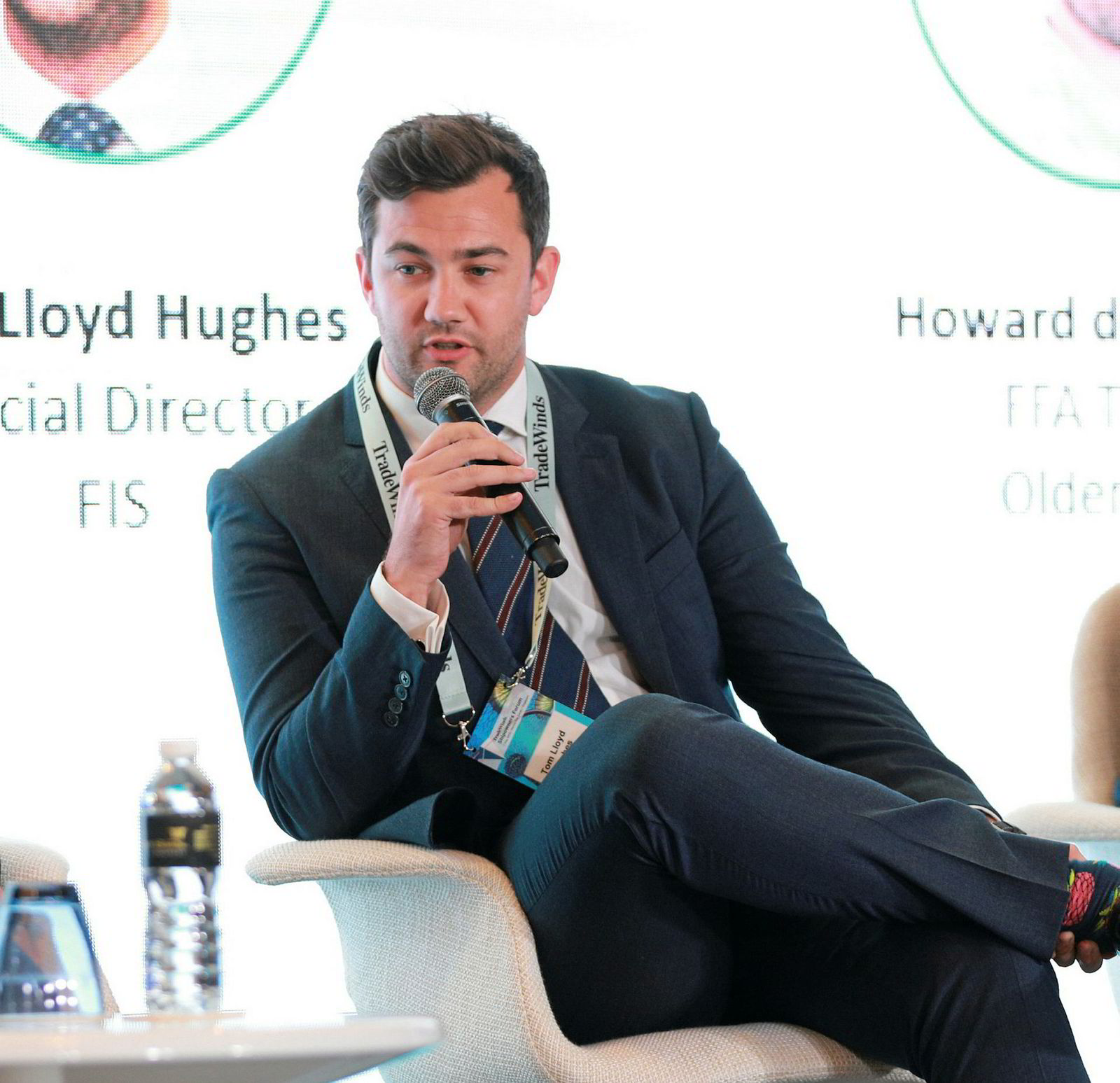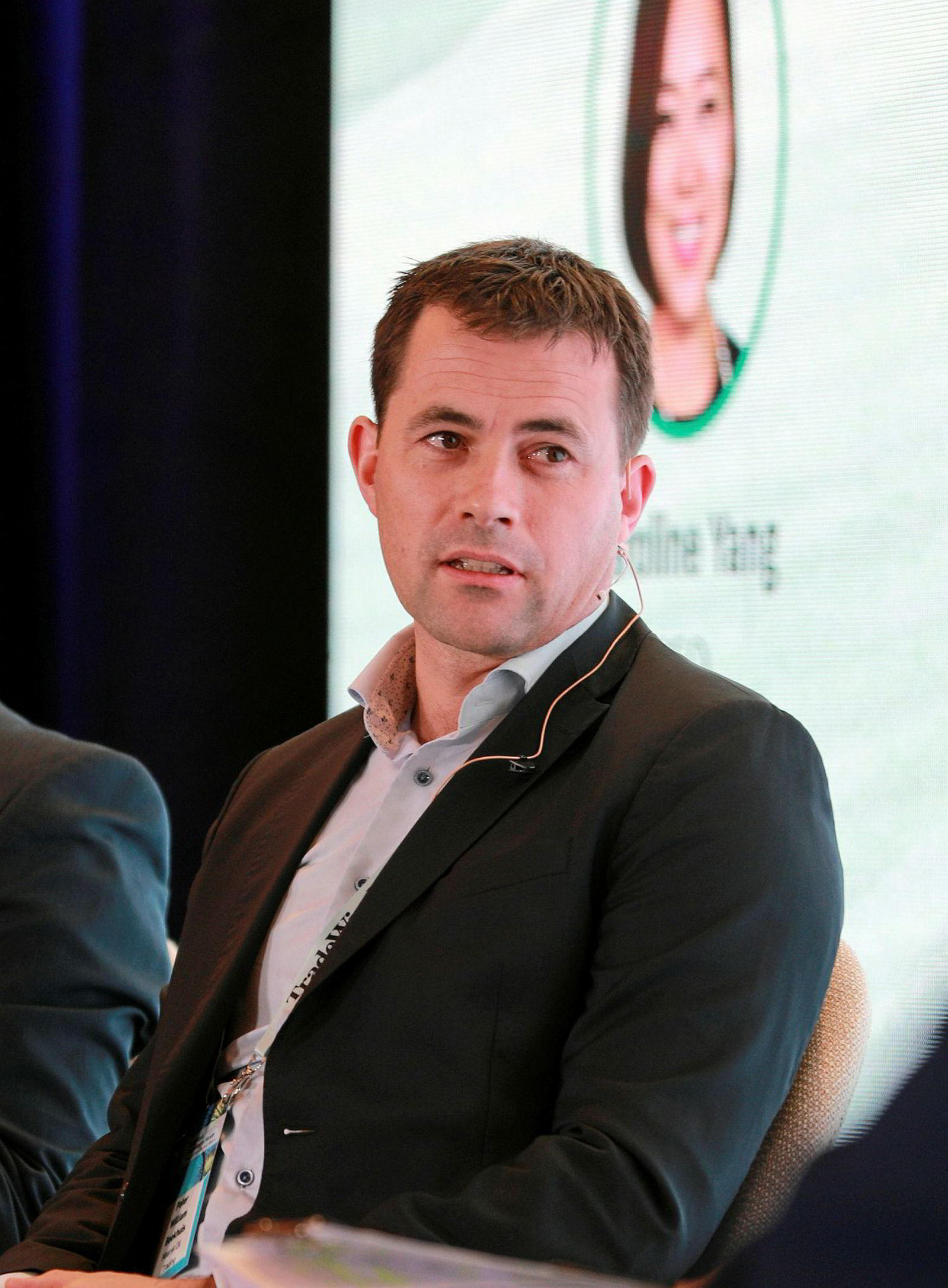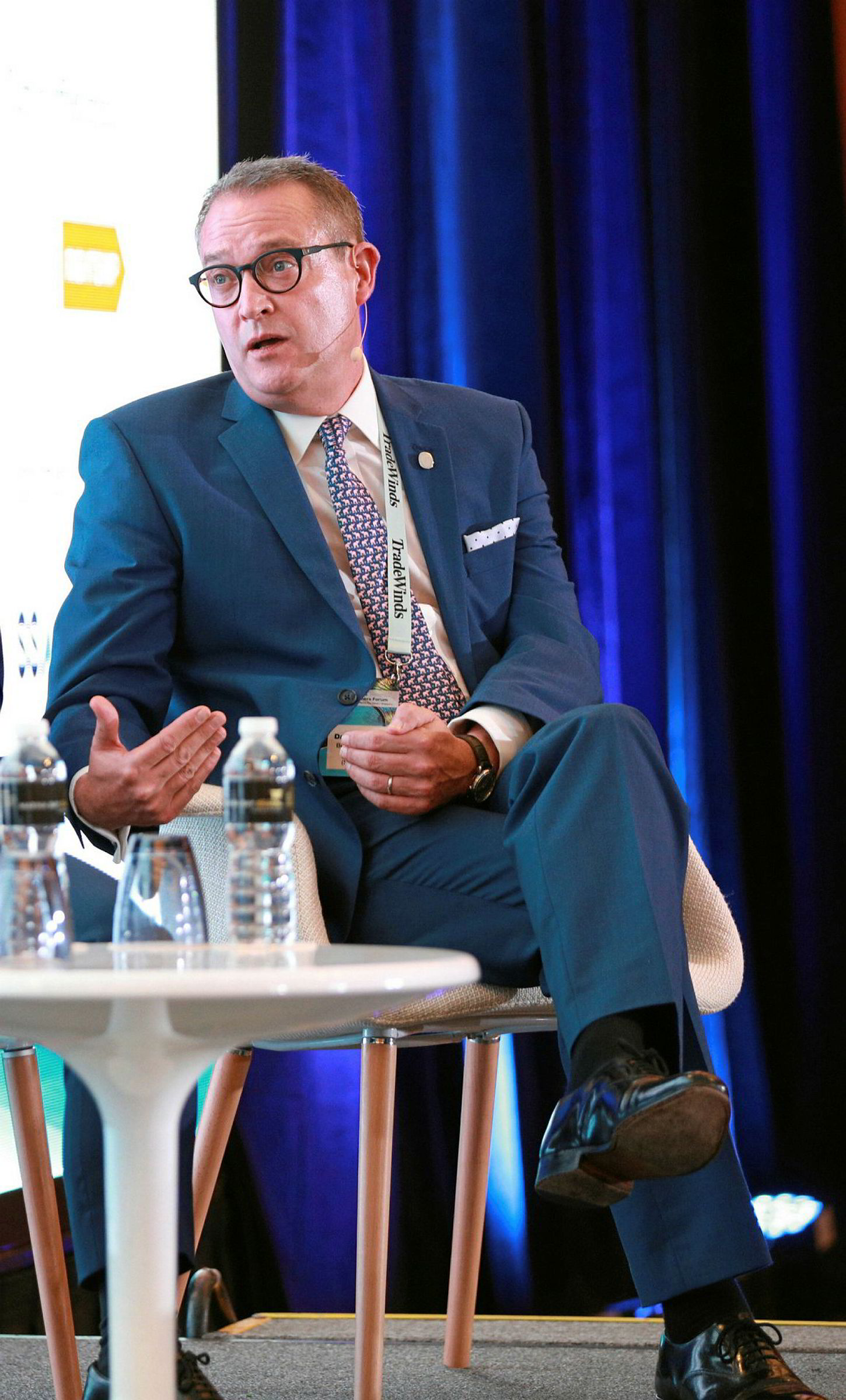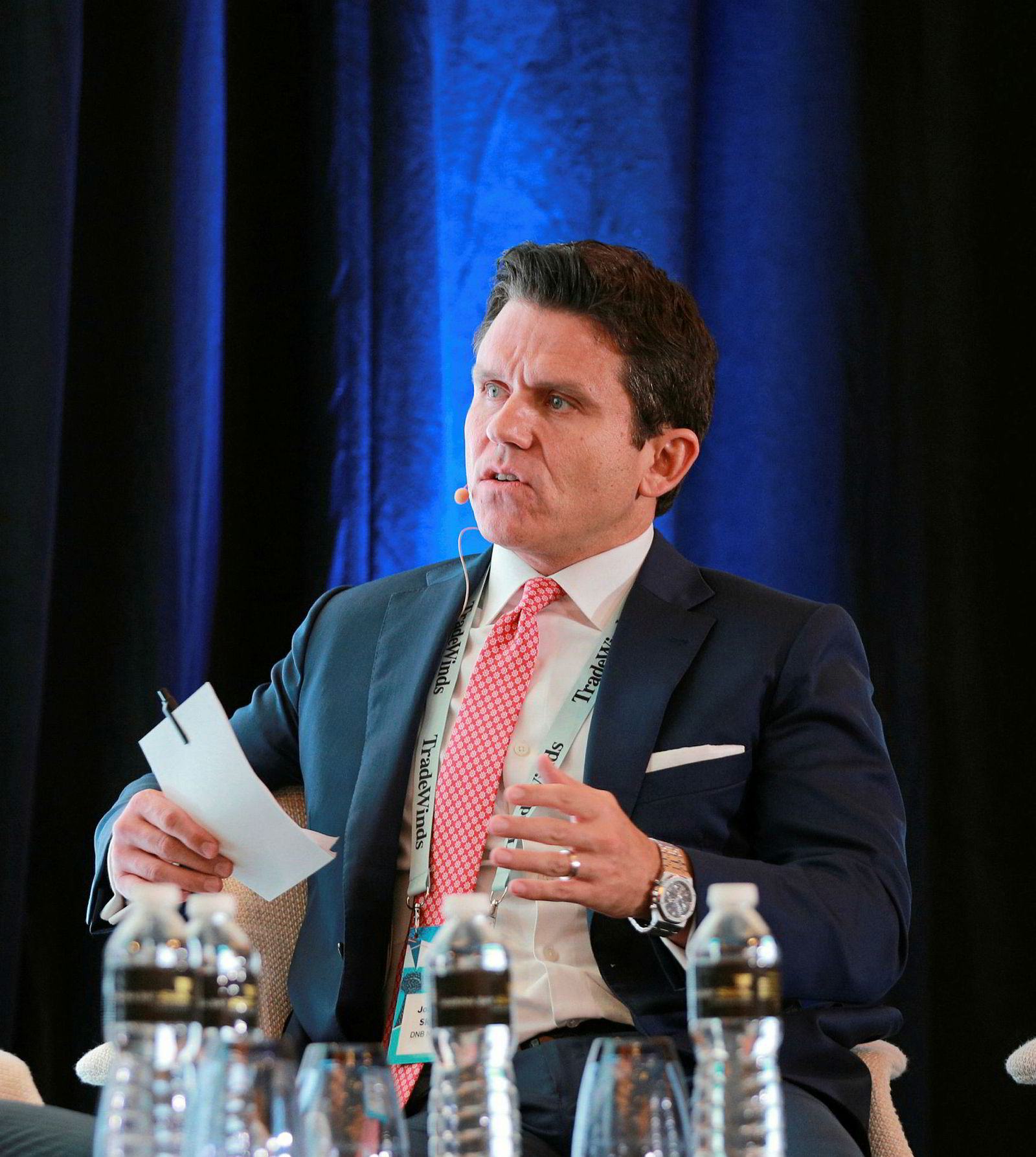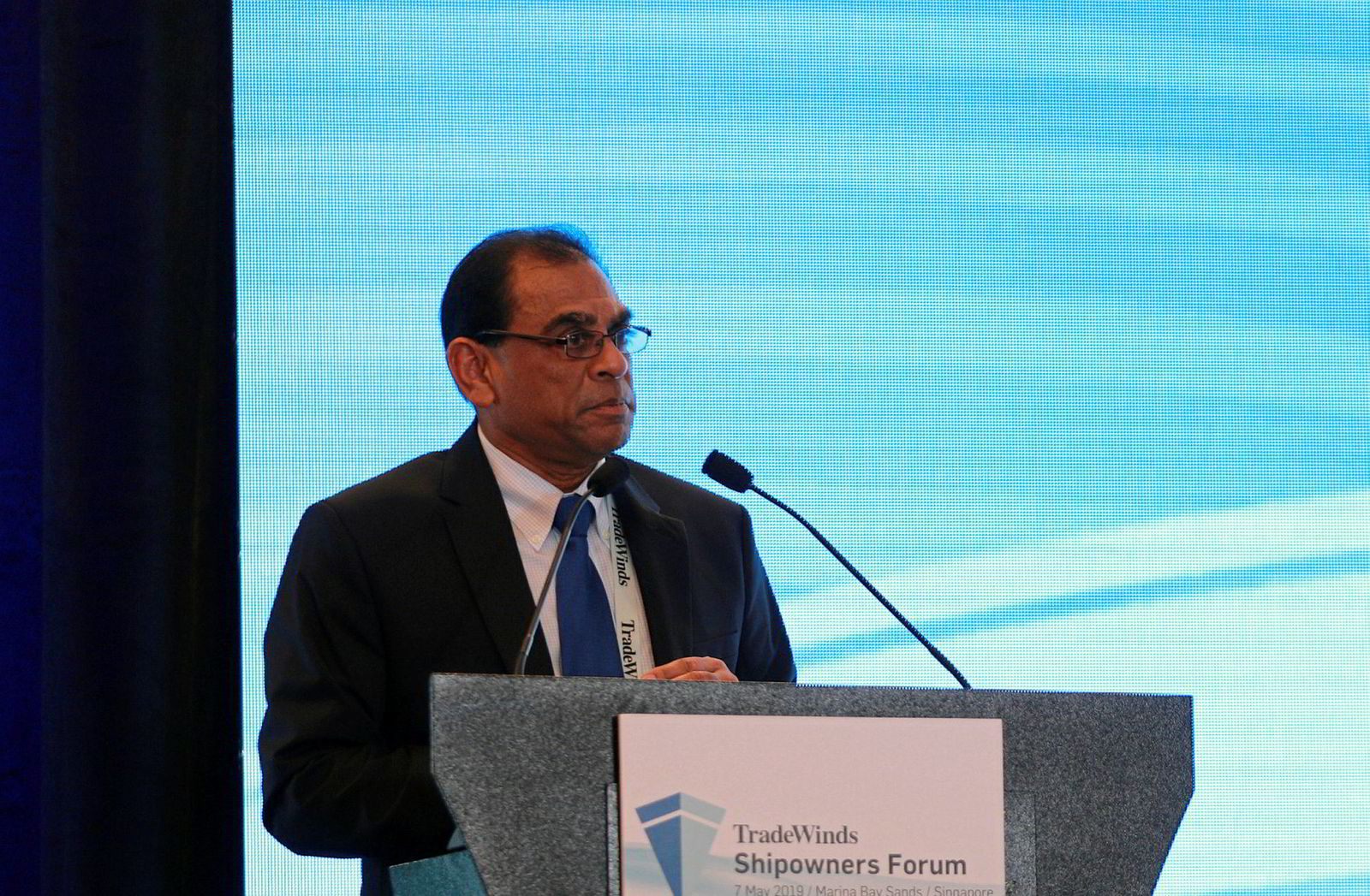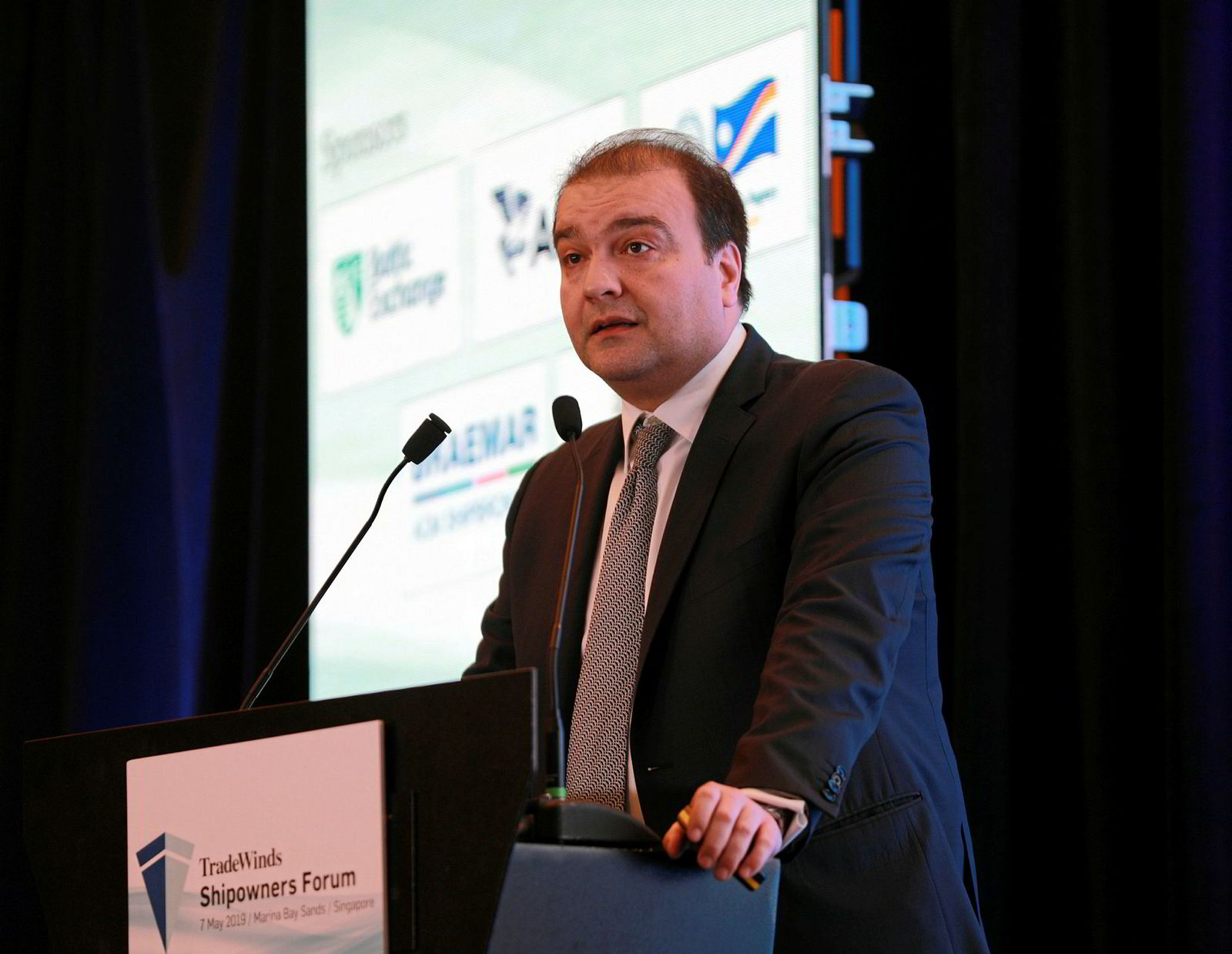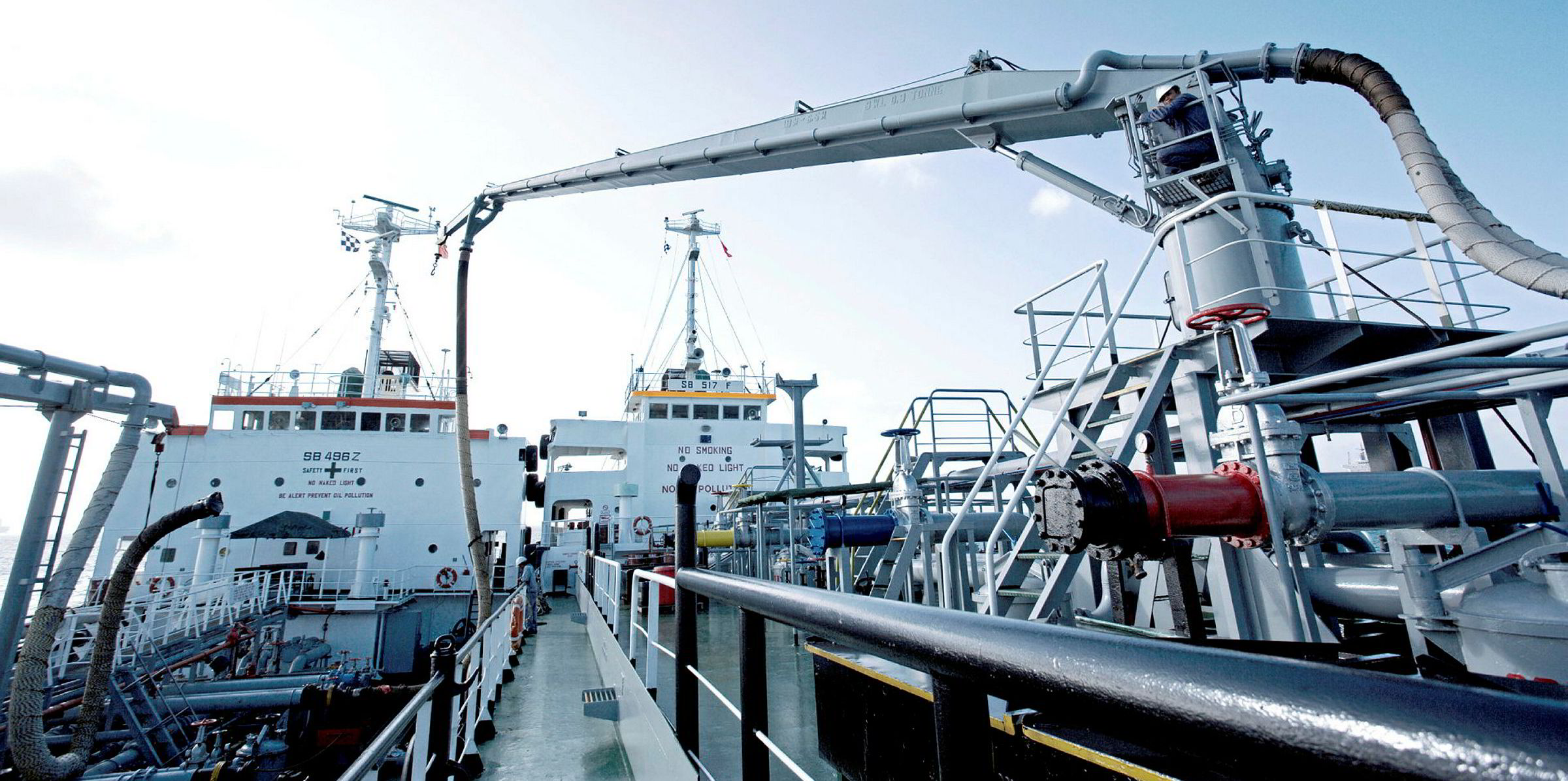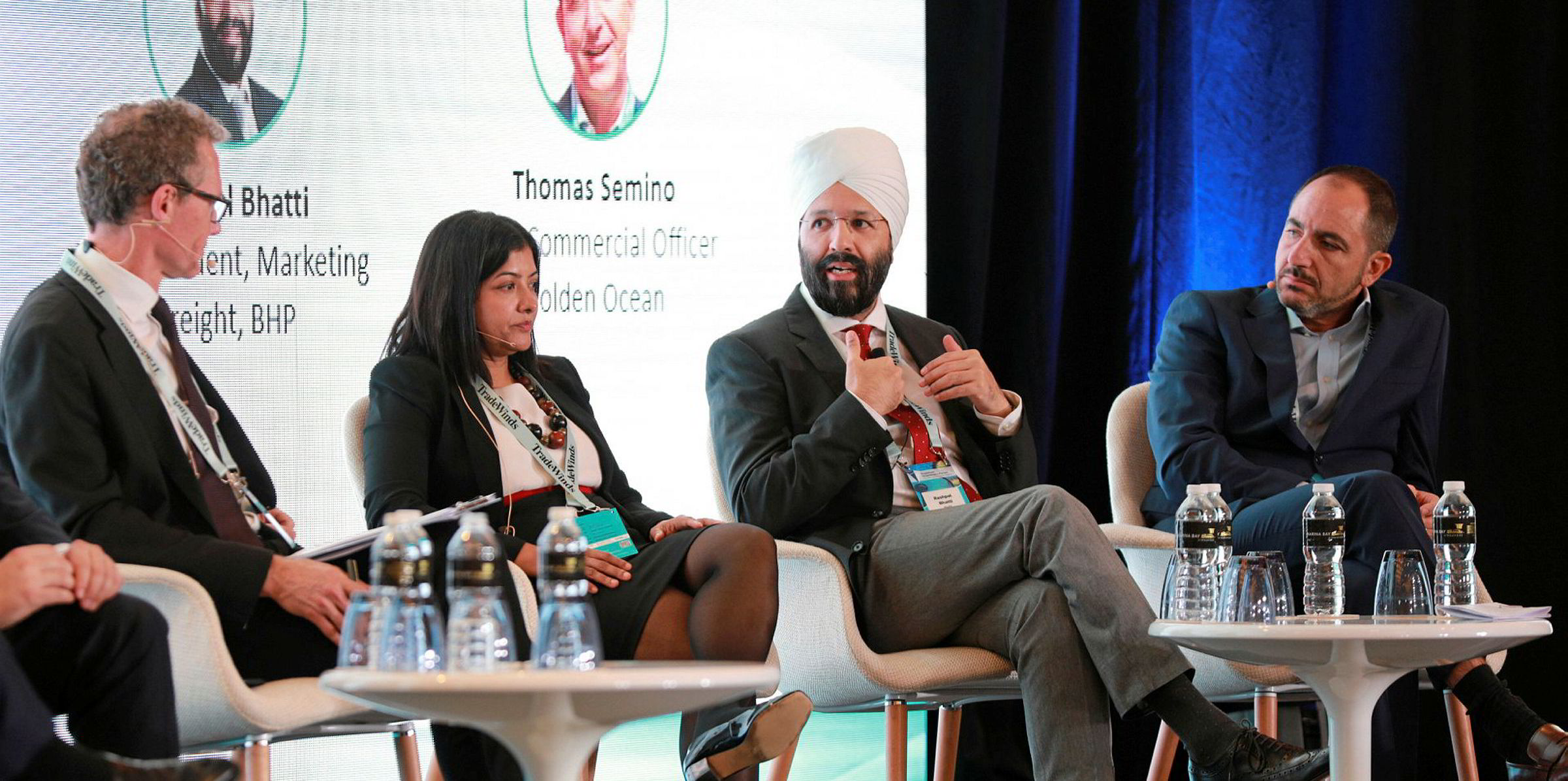Shipping experts homed in on IMO 2020 and the poor state of the dry bulk market as disruptive factors impacting the industry at the TradeWinds Shipowners' Forum in Singapore this week.
During a panel on IMO 2020, speakers focused on the large disparity between those ports and organisations that were ready for the switch over and those that were not.
Singapore was highlighted as one of the ports that will be ready, but there was a concern expressed that several smaller regional ports would not be.
“The industry here [Singapore] has really taken the time to prepare as well as they could, but you look at a number of other bunker ports and there is quite a bit of complacency out there,” Peter Beekhuis of Maersk Oil Trading said.
But there was also some positive news, with David Barrow of Bureau Veritas Marine & Offshore highlighting a recent study by the French class society that found 65% of respondents believed that the industry would meet its 2030 carbon reduction targets.
Meanwhile, Caroline Yang, chief executive of Hong Lam Marine and chairman of the Singapore Shipping Association’s marine fuels committee, was upbeat on the improved prospects for LNG as a compliant fuel.
“LNG was previously discussed in a vacuum but, with implementation of IMO 2020, it has now become a more attractive fuel option,” she said.
A six-member panel consisting of leading owners, charterers and brokers had little in the way of optimism for the dry bulk sector, especially in the larger size ranges.
While the recent Vale dam disaster sent the capesize market into freefall, Rashpal Bhatti, BHP’s vice-president for marketing and freight, pointed out that the market fundamentals were already weak and the Vale incident merely pushed it over the cliff.
Bhatti was far from optimistic about growth in Chinese iron-ore imports.
“We could see two consecutive years of a drop in iron-ore imports into China,” he said.
Other panellists also stressed that almost all dry bulk segments are suffering as the coal and bauxite trades are stagnant and China is importing a lot less soymeal as it culls vast numbers of pigs due to the African swine fever outbreak.
Golden Ocean Group chief commercial officer Thomas Semino was the only optimistic voice, suggesting that the markets would start to improve as the Vale situation began to normalise and more bulkers were sent for scrap.
Taylor Maritime chief executive Edward Buttery said the silver lining of the current market is that fewer bulkers will be ordered.
